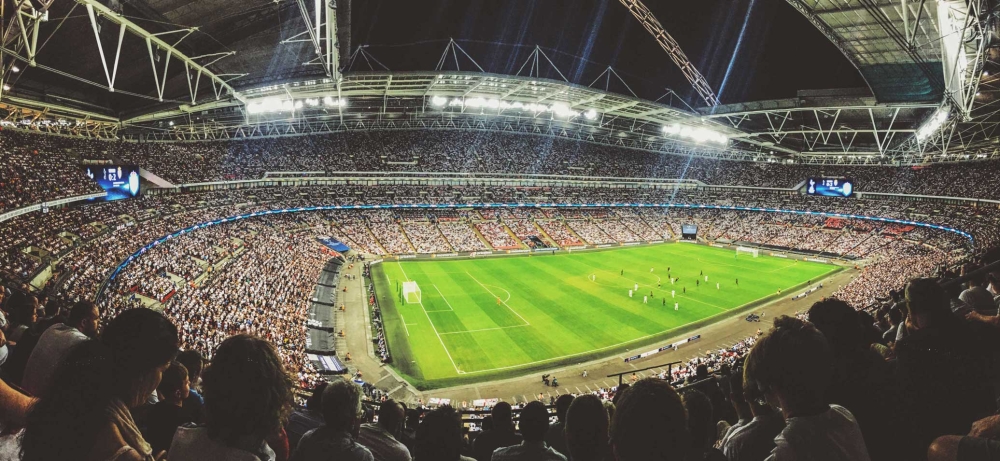Football ecommerce - what stops fans buying from your club?
07 Mar 2017

Ecommerce is evolving. Retailers such as Amazon, John Lewis and eBay have moved the goalposts and football clubs face a challenge to find their target.
Football fans may be more loyal to their clubs than the average shopper - preferring to buy directly from their club to further show support - but they too have evolving expectations. They want the best deal and, perhaps more importantly, the best possible service available.
To grow merchandise sales, clubs must find ways of meeting their fans needs. Rippleffect’s technical architect Paul Rafter takes a look at some of the most common challenges football clubs need to overcome to maximise sales.
1. An inconsistent retail experience
"There are many ways a fan comes into contact with their club, so it’s important their experience doesn’t feel disjointed or separate. Whether a fan is at the ground, in one of the club’s physical stores, on the main website, receiving direct communications or visiting the online store, they should be met with consistent messages and branding. Confusion can and inevitably will delay any purchases until further research has been undertaken.
This consistency of experience extends to the different devices fans use. It’s not enough to create a mobile-friendly online store; fans now expect the ability to do everything they can do on desktop on any device.
That includes being able to customise kits with a name and number. Until recently, many clubs have found it a challenge to provide fans with a visual representation of how the product will look, but the technology exists to provide this functionality on any device a fan chooses to use.
Ultimately, consistency builds trust and lets fans know that, however they come into contact with the club, they are getting the best possible experience available."
2. A disconnected experience
"In most cases, a club’s digital assets will comprise of a website, online store and possibly mobile and tablet apps. As well as offering a consistent experience across each platform, it’s increasingly important to make it a connected one.
Single sign-on is a growing trend in football, allowing fans to use one set of log-in details to access all of their club’s digital platforms. It provides users with greater convenience as they don’t need to enter their details every time they visit, removing a potential barrier to conversion and expediting the check-out process. Furthermore, it enables clubs to build up a more holistic understanding of each fan’s individual needs and behaviour to provide them with an increasingly personalised shopping experience."
3. An inconvenient delivery/collection service
"Click-and-collect has been a game changer for the retail industry, particularly those that allow the collection part to take place at a location convenient to the customer - such as post offices, supermarkets, petrol stations or even dedicated parcel collection stores like Doddle.
It is a service that means customers no longer have to wait in or risk missing their delivery. They don't even have to travel into their nearest town to collect from the store. It's more convenient and it's what customers - or in this case, fans - want."
4. Overlooking the international fanbase
"Other than new generations, fan growth in the UK market is fairly static; whilst TV audiences for the Premier League and Championship around the world continue to expand rapidly. In terms of customer - or rather fan - acquisition, overseas markets are therefore increasingly lucrative for clubs.
A domestic fan may hold more value than one in North America or Asia as they’re more likely to buy a match or season ticket, but the latter audience represents an important opportunity for merchandise. Especially as buying the latest kit is one of the ways international fans can connect with their club.
However, international fans still require an online store that meets their requirements. That means creating a multilingual and multicurrency offering (potentially via specific language sites) for key territories and ensuring fans’ products are received quickly and conveniently no matter where in the world they are. The technology exists to add products that are localised too, meaning clubs can make products exclusively available in specific countries.
Only by creating this type of omnichannel online retail experience, can clubs maximise their potential return from kit sales and other official merchandise."
Rippleffect is an experienced sports digital agency that provides ecommerce services to Liverpool FC and Stoke City FC.


1.png)


Please login to comment.
Comments